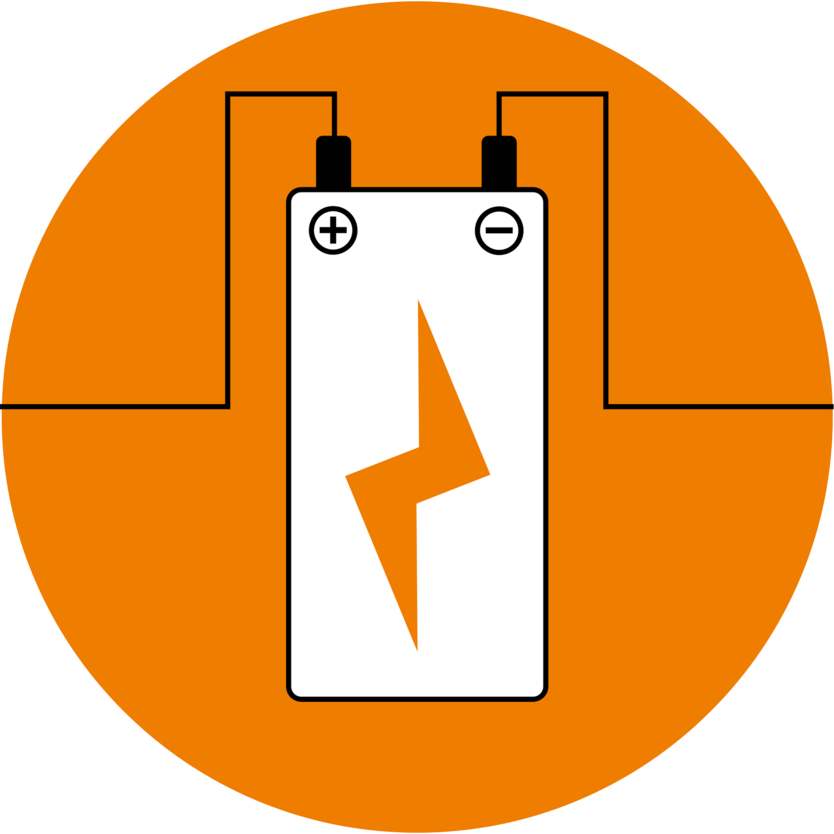
LMU have been experimenting to achieve a solid electrolyte with the highest possible conductivity.
© Pixabay/Ricarda Mölck
Solid-state batteries will most likely replace lithium-ion electrolyte solution batteries which are widely used in electronic devices, from laptops and mobile phones to electric scooters and e-cars. A team of scientists at the Ludwig Maximilians University of Munich (LMU) have been working on a replacement for lithium-ion technology for some time, and have developed a series of new sodium ion conductors.
There are several clear advantages of a solid electrolyte over a solution containing lithium: the risk of fire is greatly reduced, the need for temperature control via an external system is taken away and charging and discharging is considerably accelerated. The substitution of lithium with sodium is also preferable from a sustainability perspective, because the mining of lithium has a detrimental effect on the environment.
LMU have been experimenting with different formulations using the elements sodium, aluminium, silicon and sulphur, to achieve a solid electrolyte with the highest possible conductivity. Critically, all four materials can be obtained cheaply and are in abundance.
The project leader at LMU’s chemistry faculty, Prof. Bettina Lotsch, recently published their findings in an academic paper. In it she described three new compounds and determined their electrical properties. Notably, it was found that by mixing aluminum and silicon with sodium and sulfur in the right ratio, a completely new structure (Na5AlS4SiS4) was formed which significantly increased the movement of ions, compared to other compounds.
The sodium ions are able to move easily through the electrolyte thanks to the presence of the other three elements. Theoretical calculations using the so-called Bond Valence Energy Landscapes (BVEL) method support the assumption of LMUs research team, who are confident that a commercial alternative to lithium-ion batteries is not far off.


